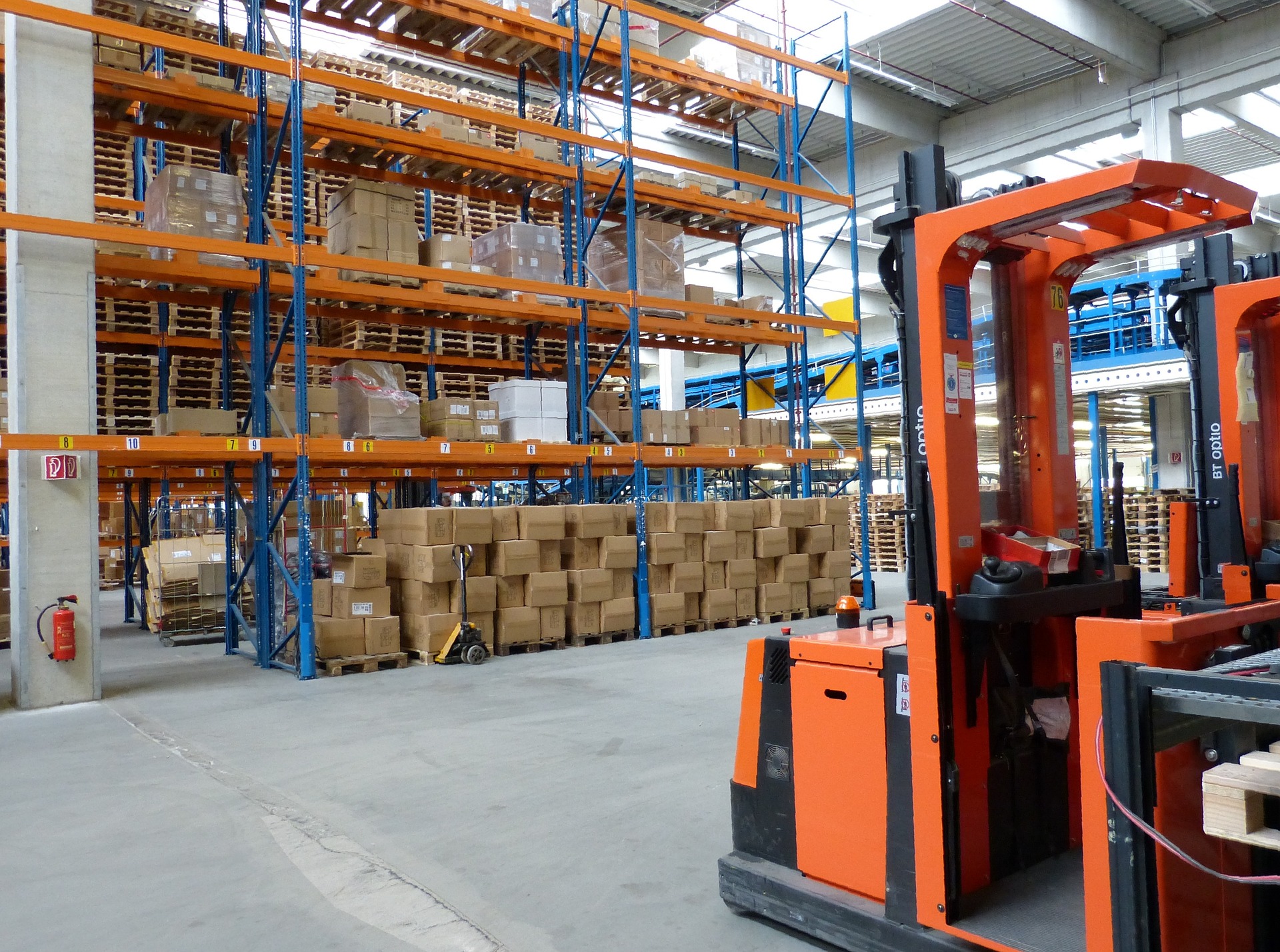Packing Jobs: Essential Roles in Logistics and Warehousing
Packing jobs play a crucial role in the logistics and warehousing industry, serving as a vital link between product storage and shipping. These positions are essential for ensuring that goods are properly packaged, protected, and prepared for transportation to their final destinations. As e-commerce continues to grow and global supply chains become more complex, the demand for skilled packers in warehouses and distribution centers is on the rise.
What skills are required for warehouse packing positions?
Successful packers in warehouse settings possess a combination of physical and mental skills. Attention to detail is paramount, as packers must carefully follow packing instructions and accurately label packages. Physical stamina and the ability to lift heavy objects are often necessary, as the job can involve handling items of various sizes and weights. Additionally, basic math skills for calculating dimensions and weights, as well as familiarity with inventory management systems, are valuable assets in these roles.
How does packing contribute to efficient shipping processes?
Proper packing is essential for optimizing shipping processes and ensuring customer satisfaction. Well-packaged items are less likely to be damaged during transit, reducing the need for returns and replacements. Efficient packing also helps maximize space utilization in shipping containers and vehicles, leading to cost savings for logistics companies. Furthermore, accurate labeling and documentation of packed items facilitate smooth customs clearance for international shipments, preventing delays in the supply chain.
What types of storage solutions are used in packing jobs?
Packing jobs often involve working with various storage solutions to organize and prepare items for shipment. Warehouses may utilize a combination of shelving units, pallet racks, and automated storage and retrieval systems (AS/RS) to manage inventory efficiently. Packers need to be familiar with these storage systems to locate and retrieve items quickly. Additionally, they may work with different types of containers, such as boxes, crates, and pallets, selecting the most appropriate option based on the product’s size, weight, and fragility.
How has technology impacted packing jobs in warehouses?
Technology has significantly transformed packing jobs in recent years. Many warehouses now employ automated packing systems that can handle high-volume orders with greater speed and accuracy. Radio-frequency identification (RFID) tags and barcode scanners help packers quickly locate and track items throughout the packing process. Moreover, warehouse management systems (WMS) provide real-time inventory updates and packing instructions, streamlining workflows and reducing errors. While these technological advancements have improved efficiency, they also require packers to develop new skills in operating and troubleshooting digital tools.
What are the career prospects for packing professionals?
The career prospects for packing professionals are promising, given the continued growth of e-commerce and global trade. Entry-level packing jobs can serve as a stepping stone to more advanced positions within the logistics and warehousing industry. With experience and additional training, packers may progress to roles such as team lead, shift supervisor, or warehouse manager. Some may specialize in handling specific types of products, such as hazardous materials or perishable goods, which can lead to higher-paying positions. Additionally, as supply chain operations become more complex, there is an increasing demand for professionals with expertise in packaging design and optimization.
In conclusion, packing jobs are essential components of the logistics and warehousing industry, playing a crucial role in ensuring the safe and efficient movement of goods. These positions require a combination of physical skills, attention to detail, and technological proficiency. As the industry continues to evolve, packing professionals who adapt to new technologies and develop specialized skills will find ample opportunities for career growth and advancement in this dynamic field.







